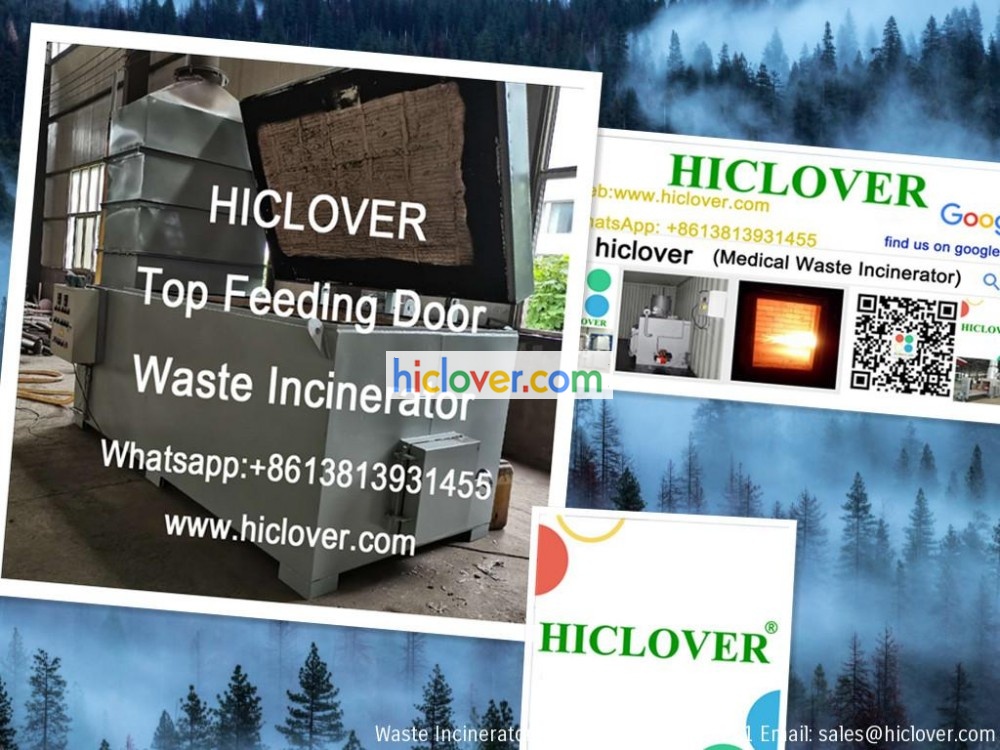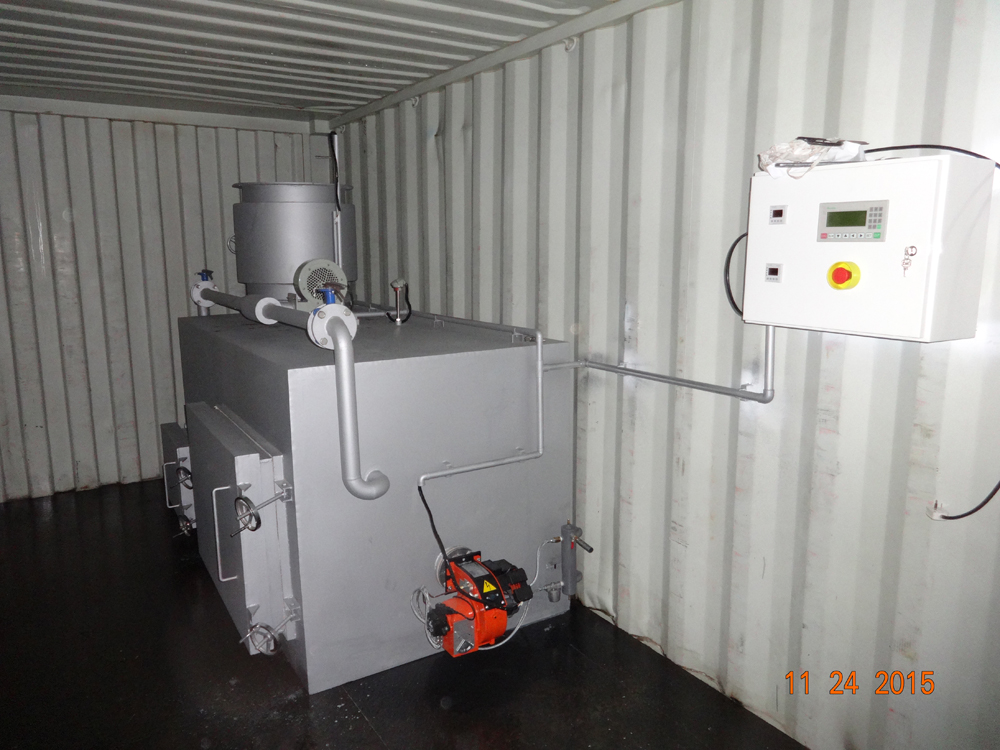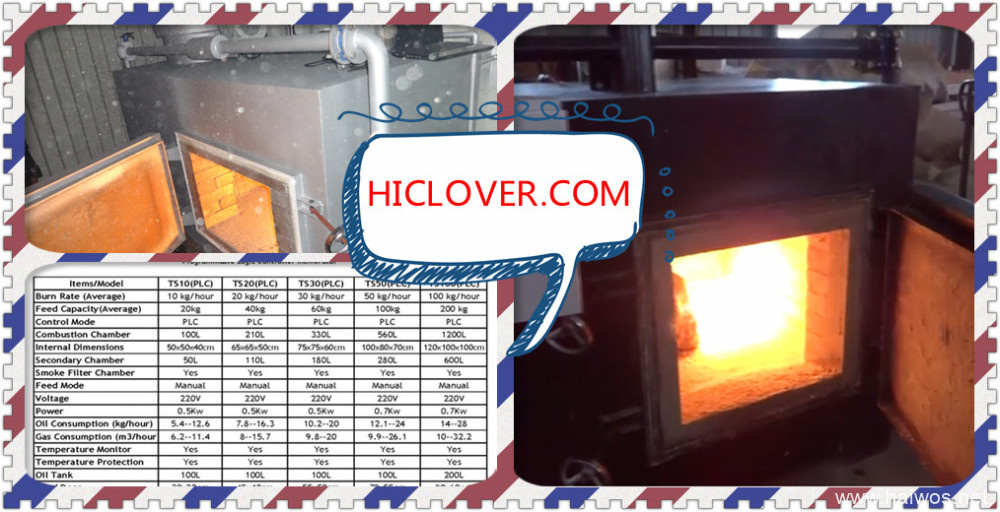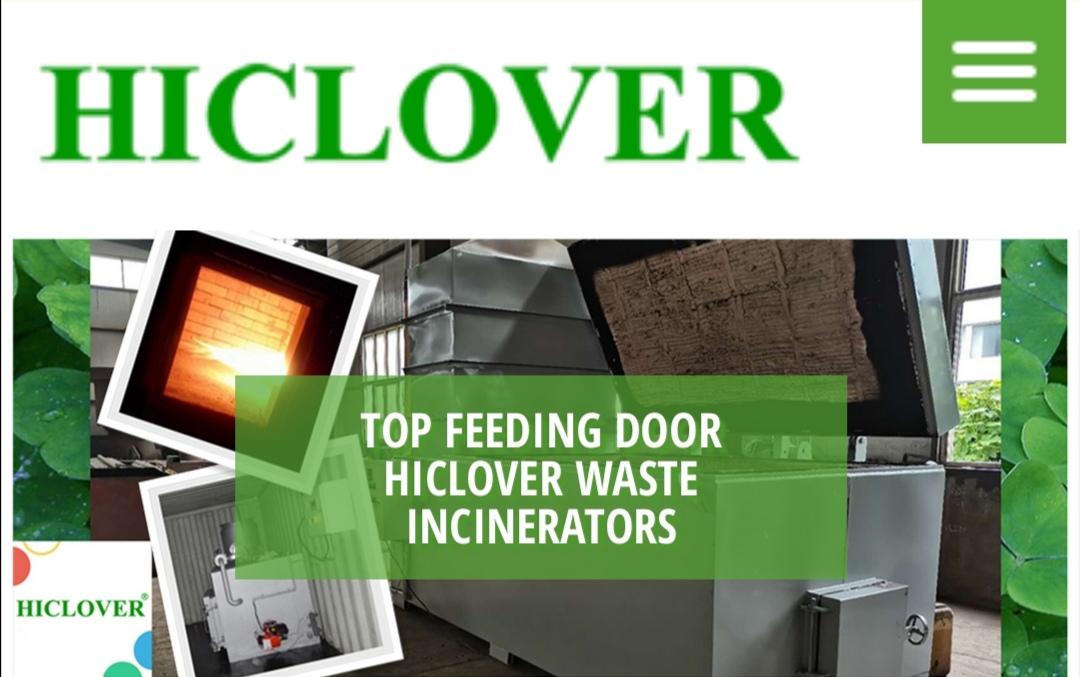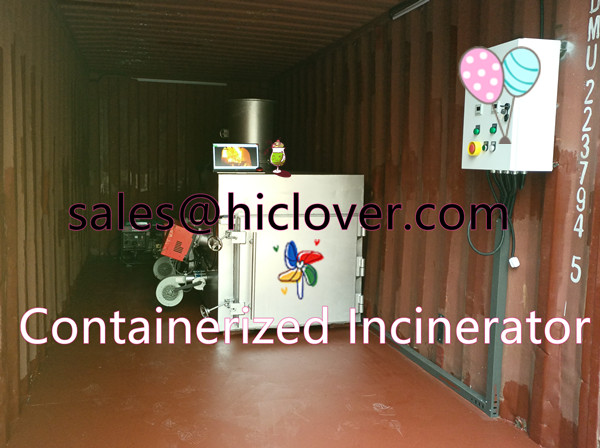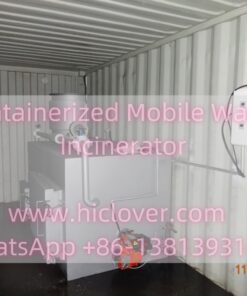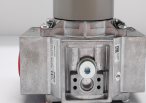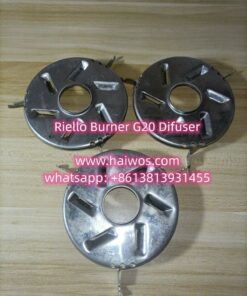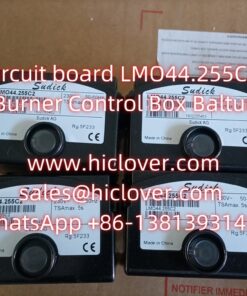Waste incineration residues C the solid by\products left after waste is burned C can have significant […]
**Containerized Mobile Incinerators for On-Site Waste Disposal: A Comprehensive Guide by Hiclower** In today’s fast-paced world, efficient waste management is critical—especially in remote locations, disaster zones, and industrial settings where traditional disposal methods fall short. **Containerized mobile incinerators** have emerged as a game-changing solution, offering portability, compliance, and unmatched versatility. As a leading manufacturer of advanced waste incineration systems, **Hiclower** specializes in designing ISO-certified containerized units tailored for on-site waste disposal. This article explores the benefits, technical specifications, and global applications of these systems, highlighting why Hiclower is the trusted partner for organizations worldwide. — ### **What Are Containerized Mobile Incinerators?** Containerized mobile incinerators are self-contained waste disposal systems housed within modified ISO shipping containers (typically 20′ or 40′ units). These units arrive pre-installed with all necessary components—burners, fuel tanks, scrubbers, and control systems—enabling immediate deployment. Unlike traditional incinerators, which require permanent infrastructure, containerized models combine mobility with industrial-grade performance, making them ideal for: – **Disaster relief operations** (e.g., earthquake debris, medical waste in disease outbreaks) . – **Remote industrial camps** (oil fields, mining sites). – **Military bases** and **UN peacekeeping missions**. – **Temporary facilities** (festivals, refugee camps). Hiclower’s systems are engineered to meet stringent environmental standards while ensuring rapid setup and relocation. For instance, our **TS Series** containerized incinerators feature plug-and-play functionality, reducing installation time from weeks to hours. — ### **Key Benefits of Containerized Mobile Incinerators** 1. **Rapid Deployment & Mobility** Pre-assembled in ISO-certified containers, these units eliminate the need for on-site construction. They can be transported via truck, ship, or helicopter, ensuring access to even the most isolated regions. This makes them indispensable for crisis management sites or mobile operations like **UN camps** or **oil field projects**. 2. **All-Weather Durability** Built to withstand extreme conditions—from polar temperatures to desert heat—Hiclower’s units include reinforced steel frames, weatherproof insulation, and corrosion-resistant components. Optional tarpaulin covers and fire extinguishers add extra protection . […]
?Incinerate minimum 80kg/hr X 12 hrs per day ?Disposal of both non-hazardous and hazardous waste streams […]
HICLOVER Top Feeding Door Waste Incinerators ▲▲▲Large Feeding Door ▲▲▲Better for Animal Waste Cremation ▲▲▲HICLOVER Brand […]
50 bed healthcare facility and also would love to have your referral for burner that can […]
Basic Info. Model NO.:aravali incinerator of 30 kg per hour capacity co Power Source:Diesel Type:Incinerator Usage:Incinerator […]
GOODS: ONE INCINERATORS IN ACCORDANCE WITH THE SUPPLIER’ REQUIREMENT S OWN […]
Capacité destructive de 55 Kg/h jour de déchets hospitaliers avec un p?.c. i jusqu’à 3.200 Kcal/Kg […]
BURNER DESCRIPTION The Version is for as much as 300kgs capability per batch bunches in addition […]
*** Primary combustion chamber & secondary combustion chamber *** Smoke filter chamber(dry scrubber) *** stainless steel […]
In Rhode Island, the management of medical waste, including incineration, is subject to strict regulations to protect public health and the environment. The Rhode Island Department of Environmental Management (DEM) oversees the generation, transportation, storage, treatment, and disposal of regulated medical waste. **Authorized Medical Waste Treatment Facilities:** The following facilities are authorized to treat regulated medical waste in Rhode Island: – **Rhode Island Hospital**, Providence – **Stericycle Inc.**, Woonsocket These facilities are permitted to handle and treat medical waste generated within the state. **Regulations and Prohibitions:** Rhode Island has enacted legislation to regulate the incineration of medical waste: – **2021 Legislation:** Prohibited new high-heat medical waste incinerators near residential neighborhoods, schools, nursing facilities, and sensitive environmental areas. – **2022 Bill (2022-H 8286):** Expanded the prohibition to include all types of high-heat waste incineration, not just medical waste. These measures reflect the state’s commitment to reducing air pollution and protecting community health. **Alternative Medical Waste Disposal Services:** […]
Model YD-30M Primary Combustion Chamber Secondary Combustion Chamber Mix Combustion Chamber Smoke Filter Chamber Incinerator Control […]
Medical waste is posing a growing problem all over the world, jeopardizing the health of staff, patients, disposal workers and anyone else coming into contact with the often hazardous materials discarded by hospitals and other healthcare sites. Hospital waste varies from site to site and the biggest challenge is to dispose of this wide range of waste streams. Incineration is still the preferred way to process medical waste without endangering the heath patients, staff or anyone else coming into contact with them. Clinical waste is costing more and more to dispose of safely. Health Clinics and Health center can now handle their own waste streams using one of our specialist medical incinerators. Destroying hazardous waste at source is by far the most effective and efficient way of handling waste that could potentially spread diseases or viruses. Standard 20% -25% of the complete waste generated by medical care facilities is related to […]
WAMBA, Kenya, June 30 (Thomson Reuters Foundation) – Poor weather, security threats and bad roads have […]
51.No Features $_pecific tions 1 (Incinerator) Type of waste for disposal Animal body parts,other biomedical waste,organs […]
Hazardous Waste Incineration – Reflects ongoing concerns about the management of hazardous materials and increasing regulatory scrutiny. Waste Management Solutions – As environmental concerns grow, there’s an increasing focus on innovative waste management technologies, including containerized incinerators. EPA Regulations – With the EPA’s involvement in addressing backlogs and capacity issues for hazardous waste incineration, this term is frequently searched to understand compliance and regulatory changes. Incineration Capacity – Due to previous backlogs and the ongoing challenge of scheduling waste for incineration, there’s a notable interest in the available capacity of incinerators. Green Technology – The push towards sustainability has made green incineration technologies, including more efficient and less polluting containerized units, a hot topic. Mobile Incineration – The flexibility and portability of containerized incinerators make this an area of interest, especially where permanent facilities are not feasible or during emergencies. Waste-to-Energy – There’s a trend towards discussing how waste, including through incineration, can be converted into energy, highlighting the dual benefits of waste management and energy production. Environmental Compliance – With stricter environmental regulations, there’s a focus on how containerized incinerators can meet these standards. […]



